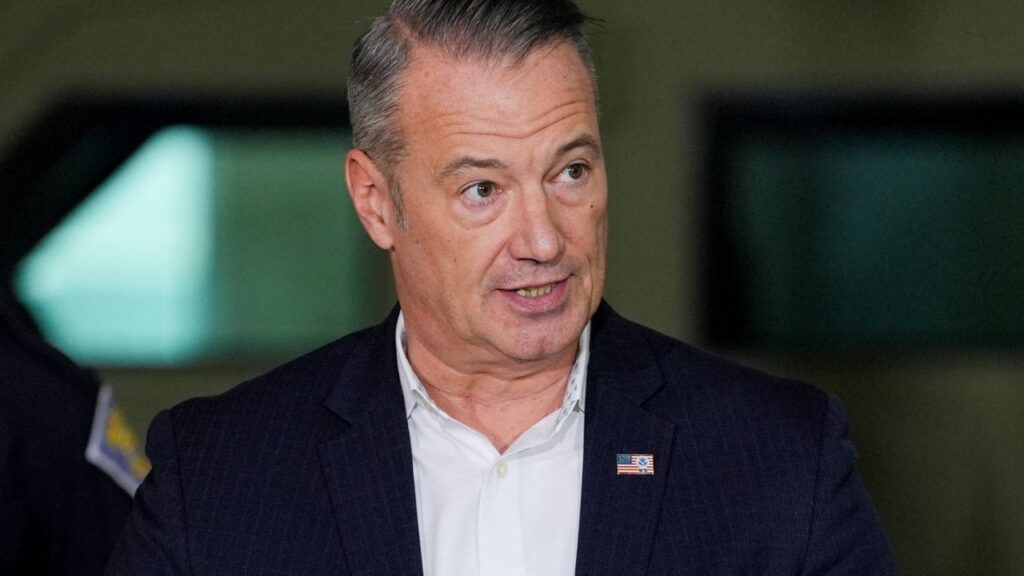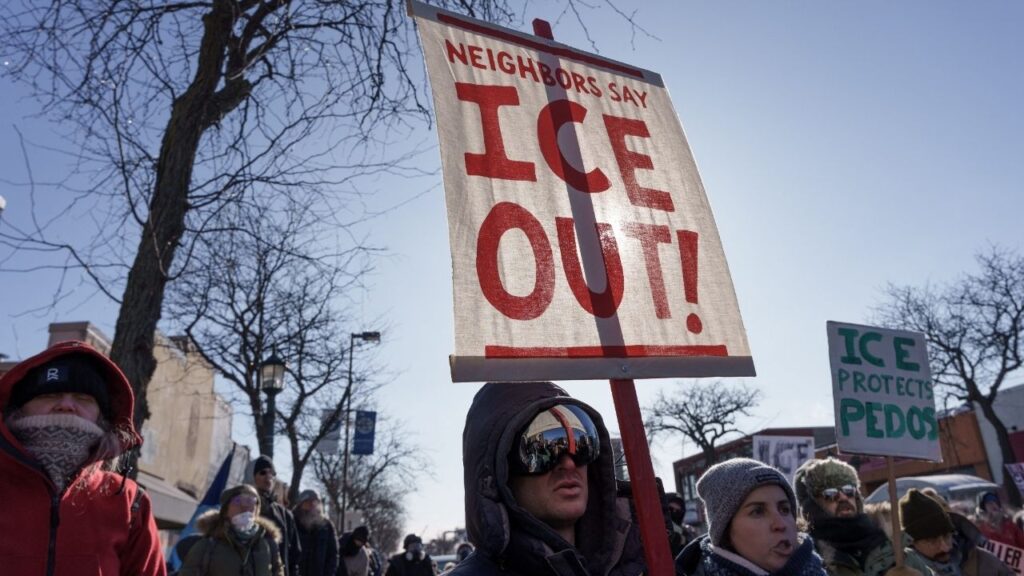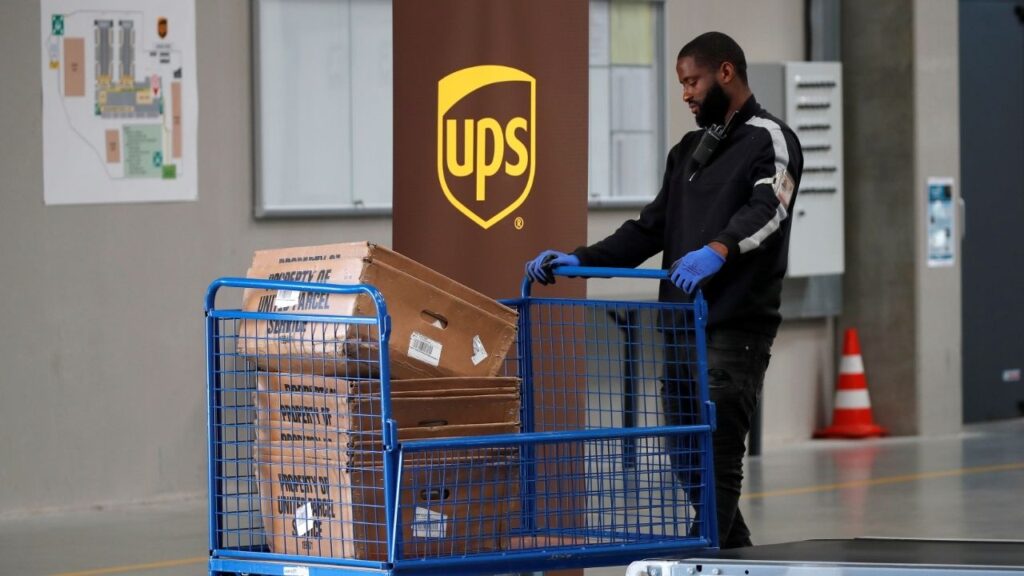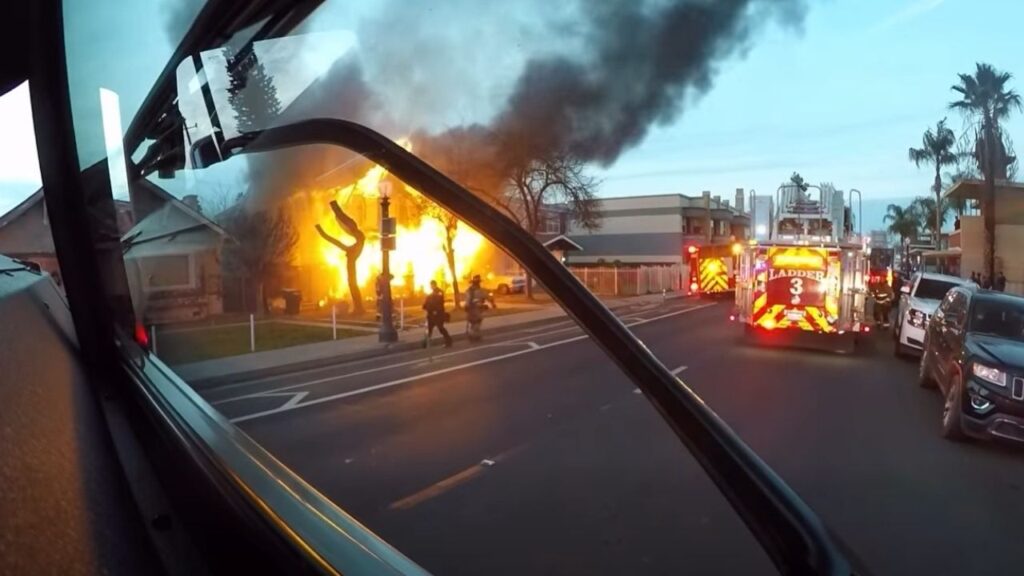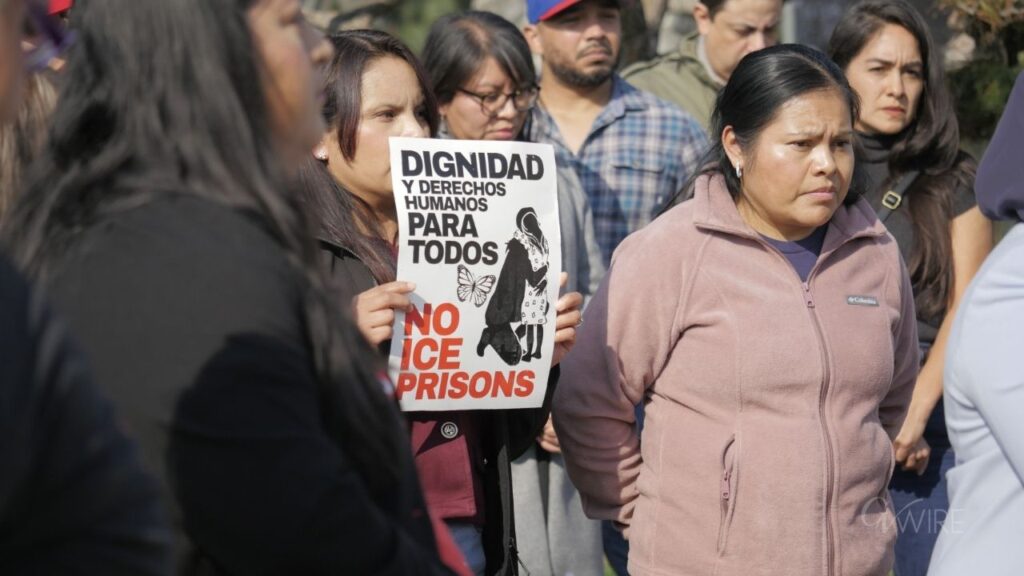Share
SACRAMENTO — Black drivers in California were stopped by police at 2.5 times the per capita rate of whites and searched three times as often, according to the latest report Thursday from a first-in-the-nation attempt to track racial profiling by police.
Under a 2015 law, when California police make a stop of any kind they are required to, among other things, log their perception of the race, gender and sexual orientation of anyone they stop. The report by the state Racial and Identity Profiling Advisory Board includes information from the eight largest law enforcement agencies on 1.8 million police stops — the vast majority traffic stops — and searches.
Black people accounted for 15% of all stops but make up about 6% of the population. Hispanics accounted for 40% of stops, a slightly higher per capita rate, while whites were a third of the stops, a slightly lower rate.
Moreover, “a higher percentage of Black individuals were stopped for reasonable suspicion than any other racial identity group,” the board reported. Officers were nearly three times as likely to search blacks than whites, though white suspects were more likely to yield contraband or other evidence.
Black people also were more likely to be arrested and stopped at night.
State lawmakers who created the board hoped to learn if agencies are indeed more likely to stop minority motorists for what commonly has been called “driving while black.”
The Board Recommended the Agencies Refine Their Data Collection
“This is a critical first step in the fight to end racial profiling,” said the board’s co-chair, Sahar Durali, who is associate director of litigation and policy at Neighborhood Legal Services of Los Angeles.
“At this point the analysis has not been done to answer those questions, whether it’s racial bias or there are other circumstances,” such as where the stops take place, Lofstrom said.
The board recommended the agencies refine their data collection; review and revise their policies and practices; and improve supervision and training. Board members called on legislators to provide more money for those purposes.
The state requires police to individually record the “perceived” race, gender and sexual orientation but it does not allow officers to confirm their impressions by questioning the person who was stopped.
“We’re trying to understand to what extent there might be racial bias. So we want to capture what the officer perceives the individual is,” Lofstrom said. “It’s the perception that I think is relevant if people have different experiences with law enforcement that are prejudicial.”
The Chp Accounted for Nearly 60% of Stops
The report includes only the eight largest agencies: the California Highway Patrol; Los Angeles police and sheriff’s departments; sheriffs in Riverside, San Bernardino and San Diego counties; and police departments in San Diego and San Francisco.
“It is our expectation that every contact with the public is conducted in a lawful and respectful manner, based on reasonable suspicion or consent regardless of race or ethnicity,” the LAPD said, noting that the racial disparities alone don’t prove or disprove racial profiling.
The biggest racial disparity was by San Francisco police, who were five times more likely to stop black people than their percentage of the population would explain.
The city hired its first black police chief, Bill Scott, in 2017, who promised to reform a department that a 2016 U.S. Department of Justice report found disproportionately arrested, searched and used deadly force against black suspects. He took over after nine officers were fired during two separate scandals involving officers exchanging racist and homophobic text messages.
Just the Beginning of Information That Will Allow Even Greater Transparency
The San Francisco department did not immediately comment on the latest report.
Officials with the NAACP and the Peace Officers Research Association of California, which represents rank-and-file officers statewide, also did not immediately comment.
CHP is the only statewide agency, while the other agencies represent more urban areas. Dropping CHP’s data from the analysis showed that black people represented an even larger proportion of stopped individuals than their share of the residential population data, while those perceived to be Asian, Hispanic and white were less likely to stopped based on their population rate.
The agencies had to start collecting the data from the second half of 2018 and report it to the state Department of Justice by April 2019 so it could be included in the latest report to lawmakers. The majority of all agencies statewide will also eventually be required to collect and report the data.
The board’s co-chairman, Kings County Sheriff Dave Robinson, said in a statement that the report “is just the beginning of information that will allow even greater transparency for law enforcement and our communities – allowing us to grow together working on local and statewide areas of concern.”
Categories

Atomic Scientists Set ‘Doomsday Clock’ Closer to Midnight Than Ever
